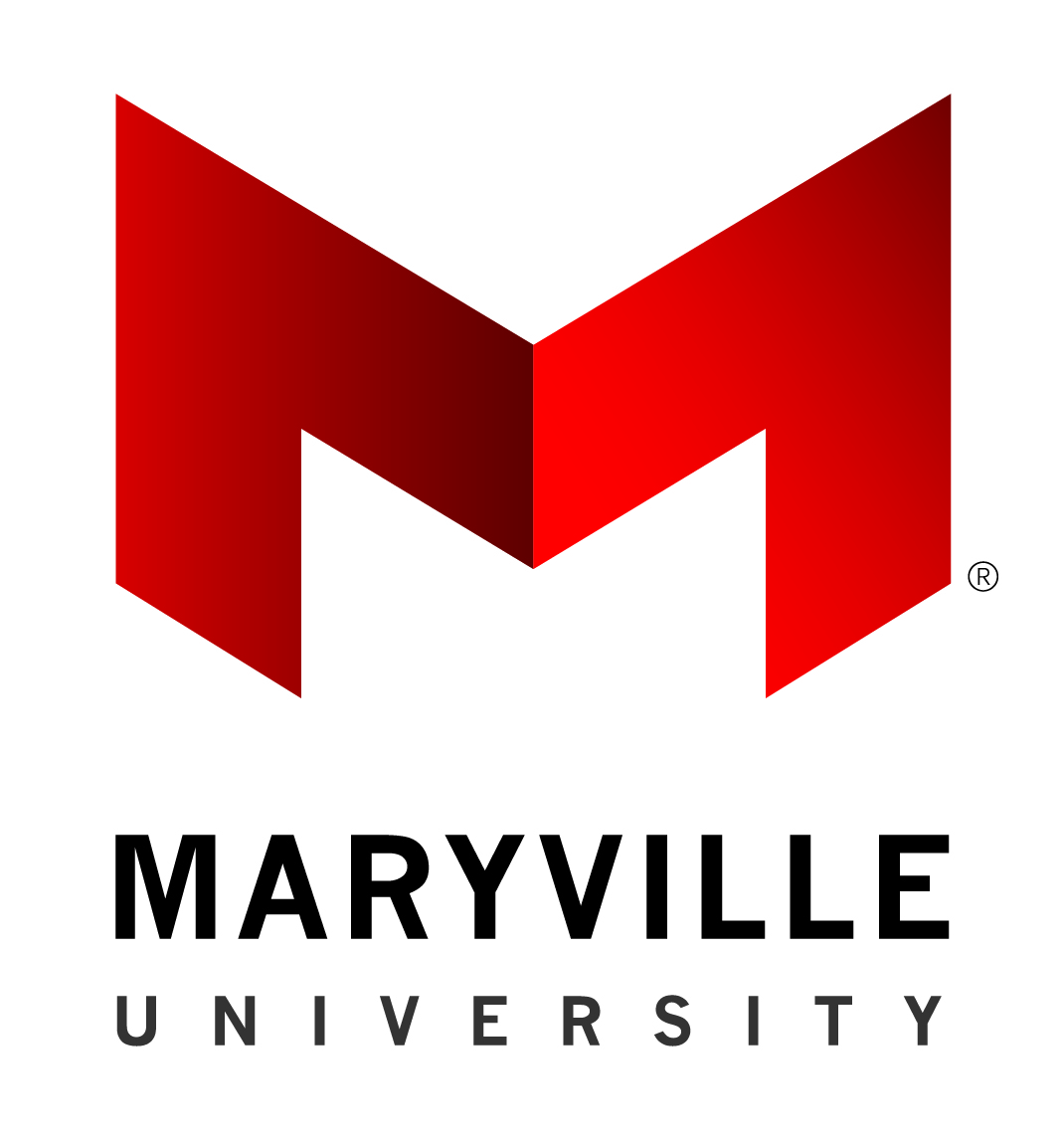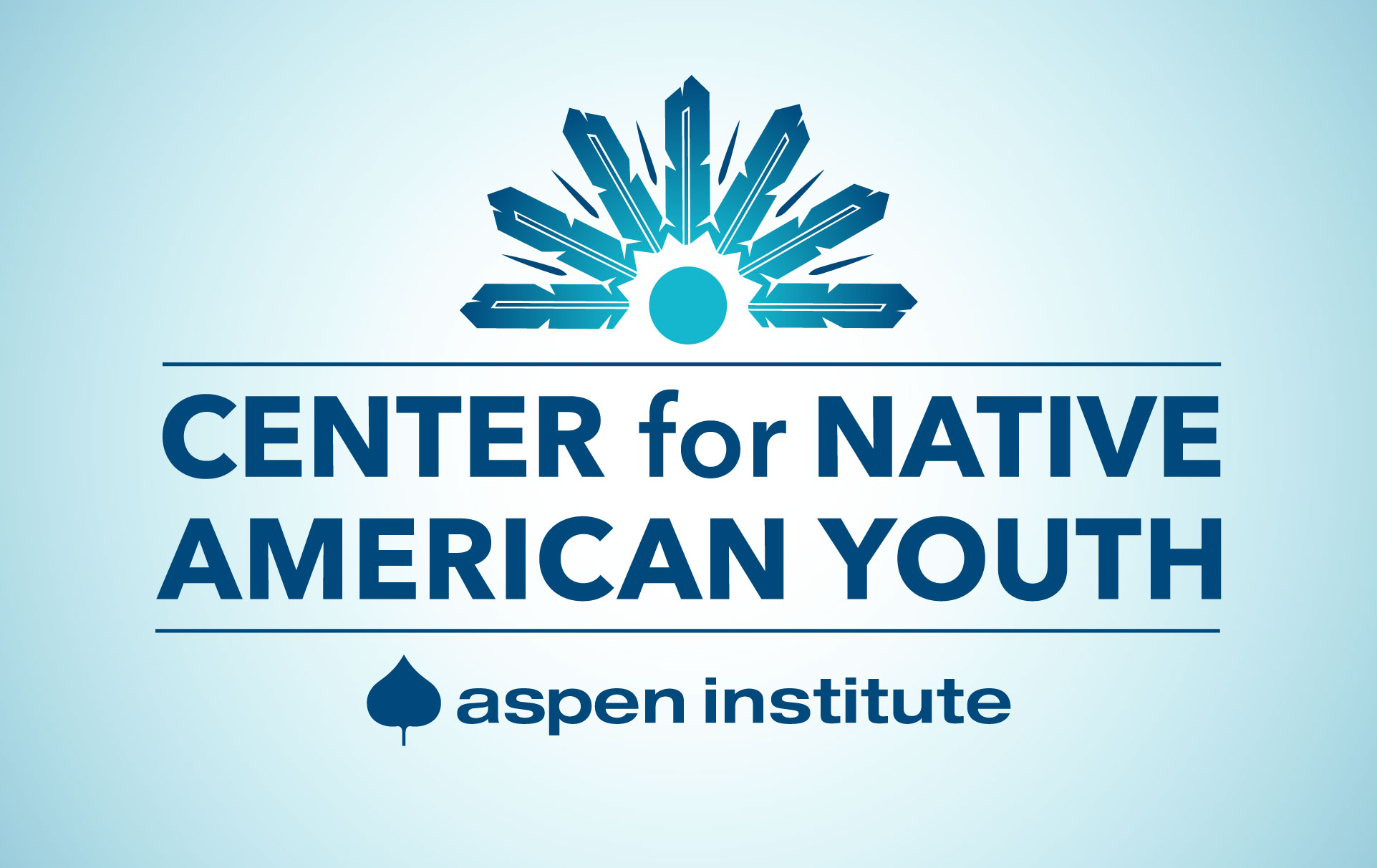Overall, there are 1,356 colleges and universities that offer a social work degree at all levels. The most popular degree is the Bachelors of Social Work, with 774 total programs. There are 327 Master of Social Work degrees, 176 Associate of Social Work programs. There are also numerous Doctoral level (DSW and Ph.D.) programs, which are terminal social work degrees, offered at schools across the United States.

College Students and Smoking: The Concern
As of July 1, 2018, approximately 2,212 U.S. college and university campuses are now entirely smoke-free, according data provided by the American Nonsmokers’ Rights Foundation. A majority of these institutions (1,853 in total) are also completely tobacco free, and 1,790 of them report that they have eliminated the use of e-cigarettes, too.
This is obviously great news for those who are trying to stop this potentially deadly behavior, but why is the issue of smoking among college students so important?

Earning a BSN
If you are interested in a nursing career, there are many different pathways available to you. Most nurses will try to achieve their bachelor’s degree in nursing (BSN) to enable them to become a registered nurse (RN). From there, however, they can choose to go to earning their master’s degree in nursing (MSN) as well, allowing them to become advanced practice nurses. Choosing whether or not to do this depends on a number of important factors.

APSIA Diversity Forum Student & Young Professionals Workshop
This Saturday, July 14, the Association of Professional Schools of International Affairs (APSIA) will hold a workshop for students and young professionals who are traditionally underrepresented in international affairs to explore this field. Space is limited, so register today to reserve your spot!

QEM TCUP EAGER “Native Languages and Technology” Program
QEM TCUP EAGER “Native Languages and Technology” Program: Using Technology to Support the Documentation and Preservation of Native Languages
The QEM Network received support from the National Science Foundation (NSF) to investigate the effects of collaborative technology-enabled, hands-on language research projects on the recruitment into, and retention of, American Indian males in Computer Science or Information Technology (CS/IT) courses and majors. During the academic year, project participants will be provided opportunities to take on-line technology courses, attend information-sharing training webinars, and develop/implement language-focused research projects. Participating faculty-student teams will be invited to discuss their research ideas or results, benefits of the QEM EAGER project, and lessons learned at a Summer 2018 follow-up symposium. They also will discuss dissemination, recruitment, and sustainability strategies to expand interest among American Indian males in CS/IT overall, and computational linguistics, in particular.

National Institute of Justice American Indian and Alaska Native Student Travel Scholarship Program
NIJ will support up to fifteen (15) American Indian and Alaska Native undergraduate or graduate students in attending criminal justice-related conferences to explore the role of science in solving complex problems to increase public safety.

